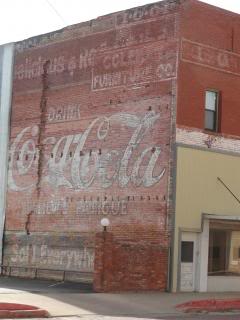


Children have been taught to read by sight, by the shapes of words, and by learning phonics rules and sounding words out.
None of those is the magic one and only or best way, because different children learn differently, and because English is one of the worst languages for learning phonetically.
Because phonics treats written English as a simple code when it is not, many children are frustrated very early on.
Whole language involves language as communication, rather than separate parts (writing/reading/spelling). First language, then details later.
With unschooling, children will learn from the language you use and they use, from the words they see around them, from using games and computers, from signing greeting cards or playing with words. There's no need for any school-style structure at all. For those who have wondered about phonics and reading and spelling, please don't press that on your children.
Some languages are simpler than English in that the letters and sounds match pretty consistently. French and Spanish come to mind. German. But because of something that happened in 1066, and because of the history of The British Isles, and because of the isolation of some English speakers and the migration of many others, English has complexities and a crazy-large vocabulary. Our basic grammar and language are Germanic. The majority of our vocabulary is from French (look up 1066 if you don't remember what happened) and Latin, though the everyday words we use are from Anglo Saxon, which had borrowings from half a dozen Germanic dialects.
If that was a painful paragraph to read, never mind it. If that paragraph was fun for you, then you can help your children spell by looking up what language a word is from and figuring out why it looks the way it does in written English.
No "th" sound inAnnie Regan sent this note, so I added her word above.
foothills
sweetheart
outhouse
potheadNo "ph"sound in
uphill
upholstery
shepherd
I was just reading your phonics page, and looking at the blends that aren't blends in the middle of words—shepherd is another word with a ph that doesn't sound like 'ph'. I remember realising that when I was a kid and it really bothered me, like a rule that I thought was constant turned out to not be so. (I understand now of course why it's not a blend, but back then, after I got over my disappointment, it felt like I'd discovered a secret.)





